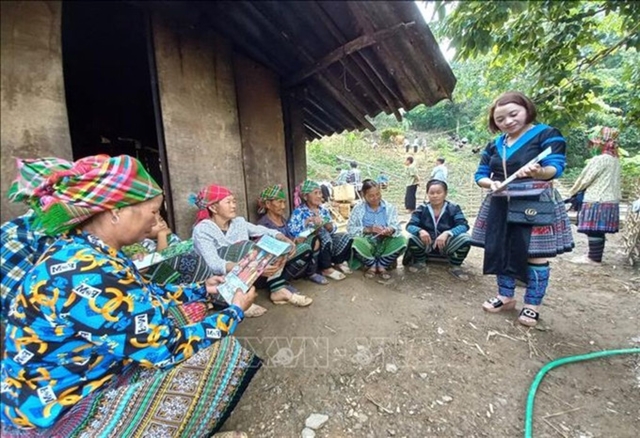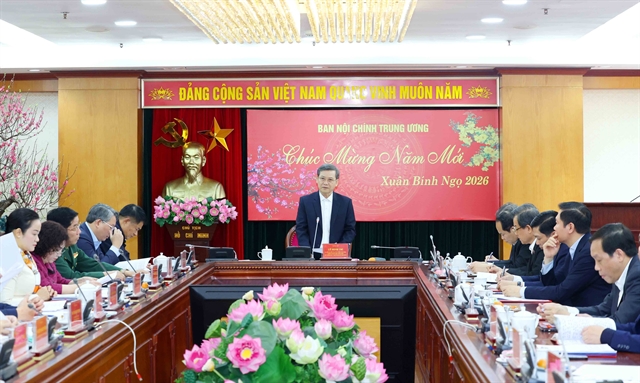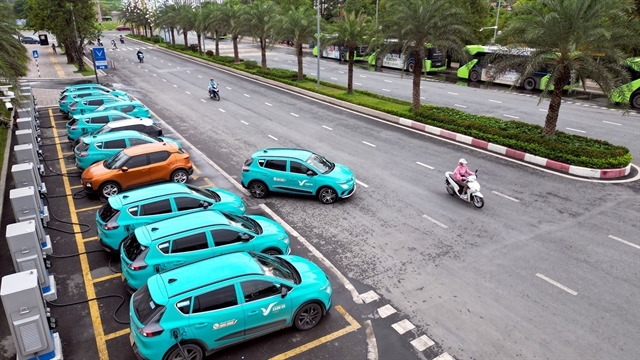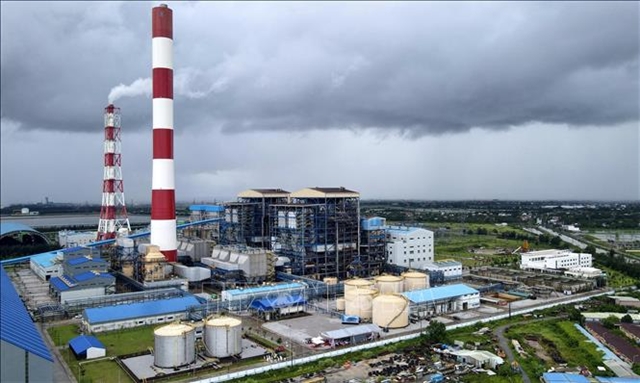 Environment
Environment

HCM City plans to carry out 218 anti-flooding works this year at a cost of nearly VNĐ8 trillion (US$345 million).
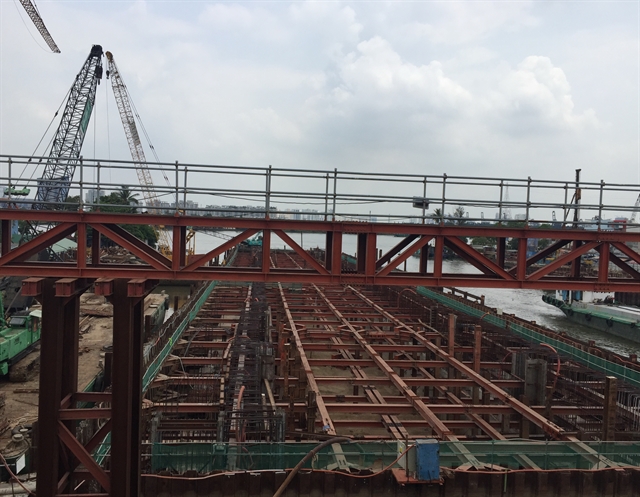
|
| The under-construction Tân Thuận sewage system in District 7 is a major flood prevention project in HCM City. — VNS Photo Ngọc Diệp |
HCM CITY — HCM City plans to carry out 218 anti-flooding works this year at a cost of nearly VNĐ8 trillion (US$345 million).
Under the city’s flood control programme, this year priority will be given to preventing flooding on a 550sq.m central area and one spot each in the north, west, south, north-east, and south-east, where 6.5 million people live.
Two projects will be completed for improving drainage in Mai Thị Lựu Street, District 1, and for upgrading Huỳnh Tấn Phát Street in District 7.
Flood prevention works on four of nine roads often hit by river high tides will be completed.
The city will consider construction design for four projects to improve drainage in Tân Quý Street in Tân Phú District, Bàu Cát and Trương Công Định streets in Tân Bình District, Đặng Thị Rành and Dương Văn Cam streets in Thủ Đức District, and Lê Đức Thọ Street in Gò Vấp District.
Protecting surface water, increasing space for water storage and creating a clean and beautiful urban landscape will get more attention to improve quality of life for people and their awareness of environmental protection.
Wastewater collection and treatment projects, upgrade of roads and construction of underground water reservoirs will be speeded up.
Also sped up will be the second phase of the Bình Hưng Wastewater Treatment Plant in Bình Chánh District with a capacity of 469,000cu.m per day and the Nhiêu Lộc – Thị Nghè Wastewater Treatment Plant in District 2 (480,000cu.m).
Besides, authorities will crack down on illegal encroachments into rivers, canals, and drainage systems.
The city People’s Committee has instructed the Department of Construction to carry out regular inspections to resolve problems arising during the implementation of the programme, and organise a briefing every six months and a review at the end of the year.
The Department of Science and Technology has been instructed to research and deploy modern technologies for drainage systems, wastewater treatment, reservoirs, embankments, and underground water tanks.
The Department of Planning and Investment will research and develop mechanisms and policies for soliciting investment in projects undertaken through public-private partnerships. — VNS

